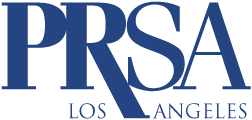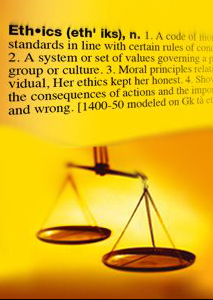Part of our ongoing discussion on PR industry ethics…
SAFEGUARDING CONFIDENCES
Core Principle:
Client trust requires appropriate protection of confidential and private information.
Intent:
To protect the privacy rights of clients, organizations, and individuals by safeguarding confidential information.
Guidelines:
A member of PRSA shall:
- Safeguard the confidences and privacy rights of present, former, and prospective clients and employees.
- Protect privileged, confidential, or insider information gained from a client or organization.
- Immediately advise an appropriate authority if a member discovers that confidential information is being divulged by an employee of a client company or organization.
Examples of Improper Conduct Under this Provision:
- A member changes jobs, takes confidential information, and uses that information in the new position to the detriment of the former employer.
- A member intentionally leaks proprietary information to the detriment of some other party.
ETHICS DILEMMA
You work in the communications department of a local hospital. A major car accident, involving 25 people, occurred about 2 a.m. yesterday. A neighbor calls you and says that her 17-year-old high school son has not come home from visiting a friend in the neighborhood of the accident. You know that the accident involved adults; no teenagers or children have been admitted.
Question to ask
What can you ethically and legally tell your friend?
Guidance from PRSA’s Code of Ethics: Disclosure of Information
Although a person’s age is considered identifying information under the Health Insurance Portability and Accountability Act (HIPAA), you can release information in general age ranges, i.e., “We received no victims who were minors.”
Learn more about PRSA’s Code of Ethics and how it can guide decisions you make on behalf of your clients here.









